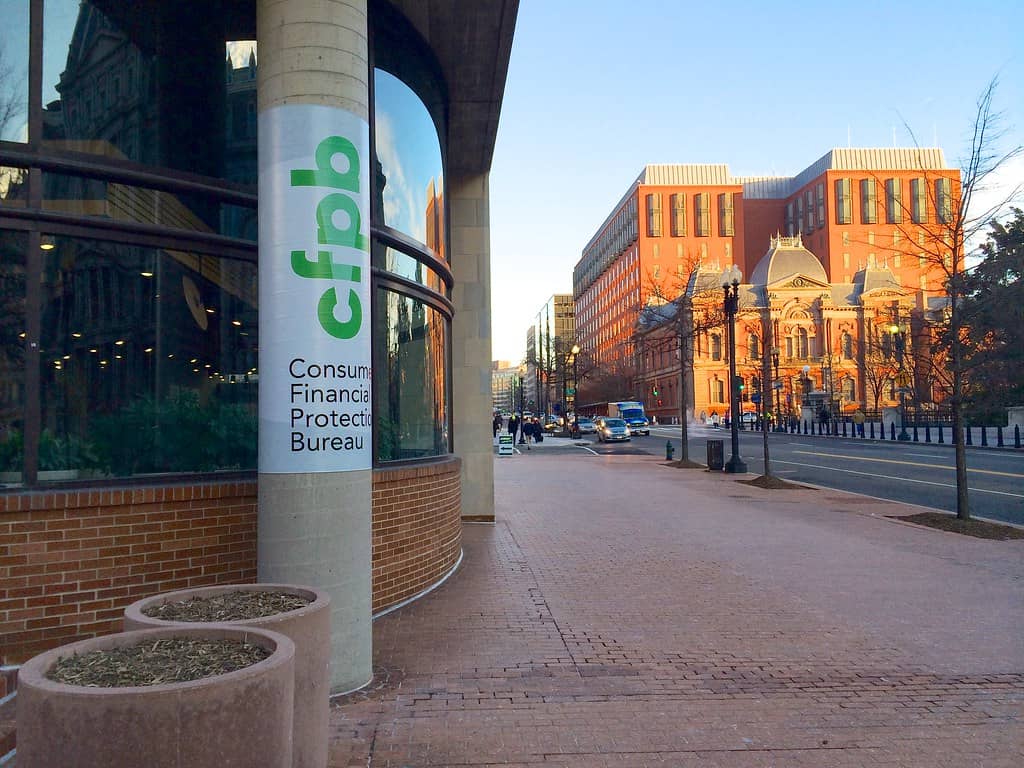Earlier this month, the FTC settled with Napleton, “a large, multistate auto dealer group based in Illinois,” for allegations of racial discrimination against Black consumers. The settlement, at $10m, is “a record-setting monetary judgment for an FTC auto lending case.” Of note in this matter is a statement of FTC Chair Lina M. Khan Joined by Commissioner Rebecca Kelly Slaughter. In that statement, they write that they would have supported a count alleging that the discriminatory conduct in question constituted an “unfair” practice in violation of Section 5 of the FTC Act. As noted in a Meyer Brown blog,
The effect of adopting such a theory of liability would be to expand dramatically the FTC’s role in enforcing anti-discrimination laws—whereas ECOA applies only to credit transactions, Section 5 of the FTC Act applies broadly to “commerce.” The views from this joint statement come days after the [CFPB] similarly announced that it would interpret its own “unfairness” authority under the Dodd-Frank Act to prohibit discrimination outside of the credit context, unmoored from specific anti-discrimination statutes.
As noted by another Meyer Brown blog post,
In an extraordinary announcement on March 16, 2022, the [CFPB] unveiled a broad expansion of its supervisory procedures to include examining supervised entities for discriminatory conduct that the agency alleges could constitute unfair practices in violation of the Dodd-Frank Act. Going forward, it appears that every exam for unfair, deceptive or abusive acts or practices (“UDAAP”) is likely to include an assessment of a company’s antidiscrimination programs as applied to all aspects of all consumer financial products or services, regardless of whether that company extends any credit or would otherwise be subject to the Equal Credit Opportunity Act (ECOA). In recent months, the Bureau has been laser focused on issues of fair lending and racial equity in the consumer credit market, including redlining, pricing and algorithmic bias. With this change, the CFPB will be broadening its racial equity focus to cover every aspect of the consumer financial services sector.
A CFPB statement said that changed its
supervisory operations to better protect families and communities from illegal discrimination, including in situations where fair lending laws may not apply. In the course of examining banks’ and other companies’ compliance with consumer protection rules, the CFPB will scrutinize discriminatory conduct that violates the federal prohibition against unfair practices. The CFPB will closely examine financial institutions’ decision-making in advertising, pricing, and other areas to ensure that companies are appropriately testing for and eliminating illegal discrimination.
. . .
The CFPB published an updated exam manual today for evaluating UDAAPs, which notes that discrimination may meet the criteria for “unfairness” by causing substantial harm to consumers that they cannot reasonably avoid, where that harm is not outweighed by countervailing benefits to consumers or competition. Consumers can be harmed by discrimination regardless of whether it is intentional. Discrimination can be unfair in cases where the conduct may also be covered by ECOA, as well as in instances where ECOA does not apply. For example, denying access to a checking account because the individual is of a particular race could be an unfair practice even in those instances where ECOA may not apply.
The CFPB will examine for discrimination in all consumer finance markets, including credit, servicing, collections, consumer reporting, payments, remittances, and deposits. CFPB examiners will require supervised companies to show their processes for assessing risks and discriminatory outcomes, including documentation of customer demographics and the impact of products and fees on different demographic groups. The CFPB will look at how companies test and monitor their decision-making processes for unfair discrimination, as well as discrimination under ECOA.

Eric J. Ellman is Senior Vice President for Public Policy and Legal Affairs at the Consumer Data Industry Association (CDIA) in Washington, DC. He also served for eight months as Interim President and CEO of the Association. More
